Home>Technology>Home Entertainment Systems>What Speaker Wire To Use For A Home Theater
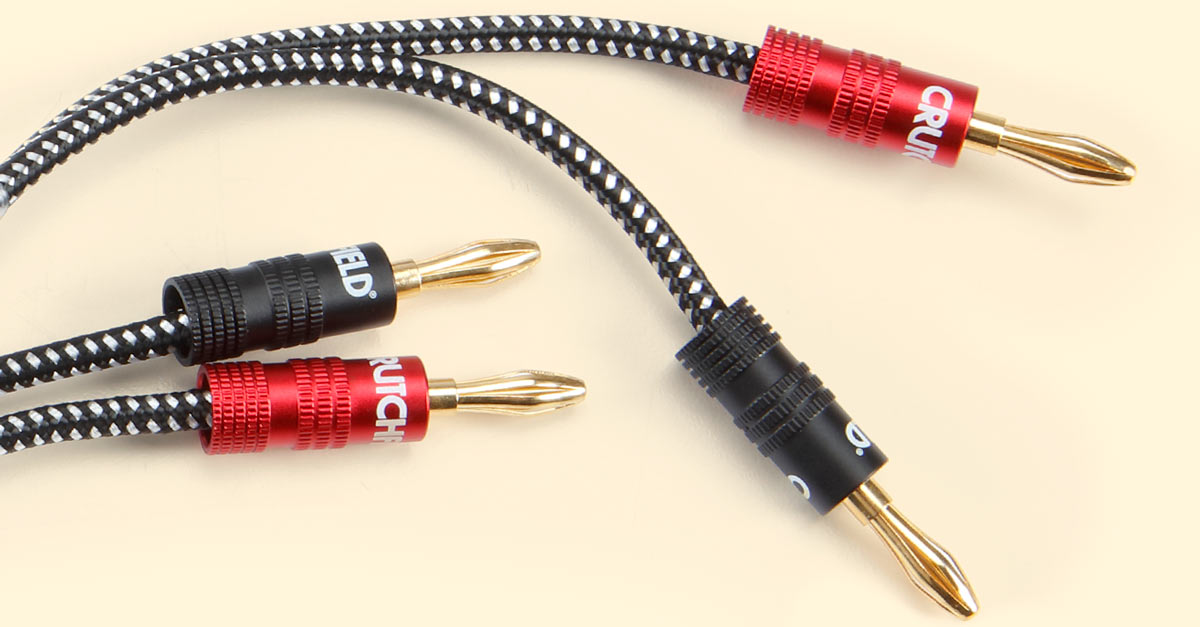

Home Entertainment Systems
What Speaker Wire To Use For A Home Theater
Modified: September 2, 2024
Discover the best speaker wire for your home entertainment system. Learn how to choose the right speaker wire for your home theater setup. Simplify your audio experience today!
(Many of the links in this article redirect to a specific reviewed product. Your purchase of these products through affiliate links helps to generate commission for Storables.com, at no extra cost. Learn more)
Introduction
When it comes to creating an immersive home entertainment experience, a high-quality home theater system is essential. Whether you're a cinephile, a gaming enthusiast, or a music lover, the right audio setup can elevate your enjoyment to new heights. While much attention is often given to selecting the perfect speakers and audio-visual components, the importance of speaker wire is sometimes overlooked. However, the speaker wire plays a crucial role in delivering pristine sound from your amplifier or receiver to your speakers.
In this comprehensive guide, we will delve into the world of speaker wire for home theaters. We'll explore the various types of speaker wire available, the factors to consider when choosing the right wire for your setup, and ultimately, the recommended speaker wire that can help you achieve optimal audio performance. Whether you're setting up a new home theater system or looking to upgrade your existing one, understanding the nuances of speaker wire is vital in maximizing the potential of your audio setup.
So, let's embark on this journey to unravel the intricacies of speaker wire and empower you to make informed decisions that will enhance your home entertainment experience.
Key Takeaways:
- Choose speaker wire based on distance, power, and budget. Oxygen-free copper and high strand count wires are recommended for optimal home theater audio performance.
- Understanding wire gauge, insulation, and signal transmission is crucial. Consider OFC, silver-plated copper, and flat speaker wire for enhanced home entertainment experiences.
Understanding Speaker Wire
Speaker wire is the essential conduit that carries audio signals from your amplifier or receiver to your speakers, allowing you to enjoy the full spectrum of sound in your home theater. Understanding the fundamental aspects of speaker wire is crucial in ensuring that your audio system operates at its best.
Conductivity and Resistance
The conductivity of speaker wire is a critical factor in its performance. Copper is the most commonly used material for speaker wire due to its excellent conductivity. When selecting speaker wire, it's important to consider the wire gauge, which determines its electrical resistance. Thicker wire, indicated by a lower gauge number, offers lower resistance and is ideal for longer wire runs or high-power applications.
Insulation and Protection
Speaker wire is typically insulated to prevent the conductive metal from coming into contact with other wires or surfaces, which could cause interference or short circuits. The insulation also protects the wire from environmental factors such as moisture or abrasion. High-quality insulation ensures the integrity of the audio signal and the longevity of the wire.
Polarization and Identification
Speaker wire is often designed with polarity markings to indicate which wire is positive and which is negative. Maintaining proper polarity ensures that the speakers move in the correct direction, optimizing sound quality. Additionally, clear markings or color-coding on the wire make it easier to identify and connect the wires correctly, reducing the risk of errors during installation.
Read more: Where To Place Home Theater Speakers
Signal Transmission
The primary function of speaker wire is to transmit the audio signal with minimal loss or distortion. Factors such as wire length, gauge, and the quality of the conductive material all contribute to the wire's ability to faithfully carry the audio signal from the source to the speakers. Understanding the relationship between these factors is essential in selecting the right speaker wire for your specific setup.
By comprehending the intricacies of speaker wire, you can make informed decisions when choosing the most suitable wire for your home theater system. This understanding empowers you to optimize the audio performance of your setup, ensuring that you experience the full richness and clarity of sound in your home entertainment environment.
Factors to Consider When Choosing Speaker Wire
When selecting speaker wire for your home theater system, several crucial factors should guide your decision-making process. Understanding these factors will enable you to make informed choices that align with the specific requirements of your audio setup.
1. Wire Gauge
The wire gauge, denoted by a numerical value, represents the thickness of the wire. Thicker wire (lower gauge) offers lower electrical resistance, making it suitable for longer wire runs and high-power applications. For shorter distances and standard home theater setups, a lower gauge wire, such as 12 or 14 gauge, is recommended to minimize signal loss and ensure optimal performance.
2. Distance
The distance between your amplifier or receiver and your speakers plays a significant role in determining the appropriate speaker wire. Longer wire runs require thicker wire to compensate for the increased resistance over the extended distance. Understanding the layout of your home theater space and the placement of your speakers will help you determine the required wire length and gauge.
Read more: How To Make Home Theater Speakers Wireless
3. Power Handling
Consider the power requirements of your speakers and amplifier when choosing speaker wire. High-power systems necessitate thicker wire to accommodate the electrical load without significant signal degradation. Matching the wire gauge to the power handling capabilities of your audio components is essential for delivering the full potential of your system.
4. Budget and Quality
While it's tempting to opt for the most affordable speaker wire available, investing in higher-quality wire can yield noticeable improvements in audio performance. Quality wire with superior conductivity and insulation minimizes signal loss and interference, resulting in clearer and more accurate sound reproduction. Balancing your budget with the desire for enhanced audio fidelity is crucial in selecting the optimal speaker wire for your home theater.
5. Future Expansion
Anticipating future changes or expansions to your home theater system is essential when choosing speaker wire. Selecting wire with room for growth allows for flexibility in accommodating additional speakers or reconfiguring your setup without the need for rewiring. Planning for potential system expansions can save time and effort in the long run.
By considering these factors, you can make well-informed decisions when selecting speaker wire for your home theater system. Each factor plays a vital role in ensuring that your audio setup operates at its best, delivering immersive sound that enhances your overall home entertainment experience.
Types of Speaker Wire
When it comes to speaker wire, there are several types available, each with its own characteristics and suitability for specific applications. Understanding the distinctions between these types is crucial in selecting the most appropriate wire for your home theater system.
1. Copper Speaker Wire
Copper speaker wire is the most common and widely used type due to its excellent conductivity. It is available in various gauges, allowing for flexibility in accommodating different power requirements and wire lengths. Copper wire is known for its reliability and affordability, making it a popular choice for many home theater enthusiasts.
2. Oxygen-Free Copper (OFC) Speaker Wire
Oxygen-free copper wire is a high-quality alternative to standard copper wire. It is manufactured with a reduced oxygen content, which enhances its conductivity and minimizes the risk of oxidation over time. OFC speaker wire is prized for its ability to deliver clean and precise audio signals, making it an ideal choice for audiophiles and discerning listeners.
3. Silver-Plated Copper Speaker Wire
Silver-plated copper wire combines the conductivity of copper with the enhanced performance of silver plating. This type of wire offers superior electrical properties and is often chosen for high-end audio systems where uncompromising sound quality is paramount. The silver plating minimizes signal loss and distortion, resulting in exceptional audio fidelity.
4. Aluminum Speaker Wire
Aluminum wire is a cost-effective alternative to copper wire, offering a lightweight and budget-friendly option for home theater setups. While aluminum is not as conductive as copper, it can still provide satisfactory performance for shorter wire runs and moderate-power applications. It is essential to select a thicker gauge of aluminum wire to compensate for its higher resistance compared to copper.
5. Bi-Wire and Bi-Amp Speaker Wire
Bi-wire and bi-amp speaker wire configurations involve using separate conductors for the high and low-frequency signals, allowing for enhanced signal separation and potentially improved audio performance. Bi-wire setups utilize two sets of wire for each speaker, while bi-amp setups involve separate amplification for different frequency ranges. These configurations offer increased flexibility and can cater to specific speaker designs and audio preferences.
6. Flat Speaker Wire
Flat speaker wire is designed for discreet installations where traditional round wire may be impractical or visually obtrusive. Its low-profile design allows for seamless concealment under carpets, along baseboards, or within wall cavities. Flat speaker wire provides a practical solution for achieving a clean and unobtrusive wiring layout in home theater environments.
Understanding the characteristics and applications of these various types of speaker wire empowers you to make informed decisions when selecting the most suitable wire for your home theater system. By considering factors such as conductivity, oxidation resistance, and specific audio requirements, you can choose the wire that best complements your audio setup, ultimately enhancing your overall home entertainment experience.
Recommended Speaker Wire for Home Theater
Selecting the ideal speaker wire for your home theater system is pivotal in ensuring that you experience the full potential of your audio setup. Based on the factors discussed earlier, including wire gauge, distance, power handling, budget, and future expansion, certain speaker wires stand out as recommended options for home theater enthusiasts.
1. Oxygen-Free Copper (OFC) Speaker Wire
Oxygen-free copper wire, known for its high conductivity and minimal signal loss, is a top recommendation for home theater setups. Its superior transmission capabilities make it an excellent choice for delivering pristine audio signals from your amplifier to your speakers. OFC speaker wire is available in various gauges, allowing you to select the appropriate thickness based on your specific requirements.
Read more: What Is The Best Outdoor Speaker Wire
2. Copper Speaker Wire with High Strand Count
Speaker wire with a high strand count offers enhanced flexibility and conductivity, making it an advantageous option for home theater installations. The increased number of wire strands within the insulation contributes to improved signal transmission and durability. This type of wire is well-suited for complex speaker placements and demanding audio environments.
3. Silver-Plated Copper Speaker Wire
For audiophiles and enthusiasts seeking uncompromising audio quality, silver-plated copper wire presents an exceptional choice. The silver plating minimizes signal distortion and loss, resulting in pristine sound reproduction. This premium option is particularly well-suited for high-end home theater systems where fidelity and accuracy are paramount.
4. High-Quality Flat Speaker Wire
In scenarios where discreet wiring is essential, high-quality flat speaker wire offers a practical and visually unobtrusive solution. Its low-profile design allows for seamless concealment under carpets or within wall cavities, maintaining a clean and unobtrusive aesthetic in your home theater space. This type of wire is ideal for achieving a professional and tidy wiring layout without compromising audio performance.
By considering these recommended speaker wire options, you can make an informed decision that aligns with the specific needs of your home theater system. Whether prioritizing conductivity, flexibility, premium audio fidelity, or discreet installation, the recommended speaker wires cater to diverse preferences and requirements, ultimately enhancing your overall home entertainment experience.
Conclusion
In conclusion, the significance of speaker wire in the realm of home theater systems cannot be overstated. It serves as the vital link between your audio source and speakers, playing a pivotal role in delivering pristine sound reproduction that enhances your overall entertainment experience. Throughout this comprehensive guide, we have explored the nuances of speaker wire, delving into its fundamental aspects, the factors to consider when choosing the right wire, the various types available, and the recommended options for home theater setups.
Understanding the conductivity, resistance, insulation, and signal transmission properties of speaker wire empowers enthusiasts to make informed decisions when selecting the most suitable wire for their specific audio setups. By considering factors such as wire gauge, distance, power handling, budget, and future expansion, individuals can tailor their choices to align with their unique requirements, ultimately optimizing their home theater systems for exceptional audio performance.
The diverse types of speaker wire, including copper, oxygen-free copper (OFC), silver-plated copper, aluminum, bi-wire, bi-amp, and flat wire, offer a spectrum of options catering to different preferences and applications. Whether prioritizing high conductivity, minimal signal loss, premium audio fidelity, or discreet installation, there is a speaker wire type suited to meet the specific needs of every home theater enthusiast.
The recommended speaker wire options, including oxygen-free copper (OFC) wire, copper wire with a high strand count, silver-plated copper wire, and high-quality flat speaker wire, provide valuable choices for individuals seeking to elevate their home entertainment experience. These options encompass a range of features, from superior conductivity and signal transmission to flexibility and discreet installation, ensuring that enthusiasts can find the ideal wire to complement their home theater systems.
In essence, the journey to unravel the intricacies of speaker wire has equipped enthusiasts with the knowledge and insights necessary to make informed decisions, ultimately enhancing their home theater setups. By selecting the right speaker wire, individuals can unlock the full potential of their audio systems, immersing themselves in captivating soundscapes that elevate their cinematic, gaming, and musical experiences to new heights. With the right speaker wire in place, the stage is set for an unparalleled home entertainment journey, where every sonic nuance is faithfully reproduced, enriching the moments spent within the captivating realm of home theater.
In the realm of home entertainment, the significance of speaker wire in the realm of home theater systems cannot be overstated. It serves as the vital link between your audio source and speakers, playing a pivotal role in delivering pristine sound reproduction that enhances your overall entertainment experience. Throughout this comprehensive guide, we have explored the nuances of speaker wire, delving into its fundamental aspects, the factors to consider when choosing the right wire, the various types available, and the recommended options for home theater setups.
Understanding the conductivity, resistance, insulation, and signal transmission properties of speaker wire empowers enthusiasts to make informed decisions when selecting the most suitable wire for their specific audio setups. By considering factors such as wire gauge, distance, power handling, budget, and future expansion, individuals can tailor their choices to align with their unique requirements, ultimately optimizing their home theater systems for exceptional audio performance.
The diverse types of speaker wire, including copper, oxygen-free copper (OFC), silver-plated copper, aluminum, bi-wire, bi-amp, and flat wire, offer a spectrum of options catering to different preferences and applications. Whether prioritizing high conductivity, minimal signal loss, premium audio fidelity, or discreet installation, there is a speaker wire type suited to meet the specific needs of every home theater enthusiast.
The recommended speaker wire options, including oxygen-free copper (OFC) wire, copper wire with a high strand count, silver-plated copper wire, and high-quality flat speaker wire, provide valuable choices for individuals seeking to elevate their home entertainment experience. These options encompass a range of features, from superior conductivity and signal transmission to flexibility and discreet installation, ensuring that enthusiasts can find the ideal wire to complement their home theater systems.
In essence, the journey to unravel the intricacies of speaker wire has equipped enthusiasts with the knowledge and insights necessary to make informed decisions, ultimately enhancing their home theater setups. By selecting the right speaker wire, individuals can unlock the full potential of their audio systems, immersing themselves in captivating soundscapes that elevate their cinematic, gaming, and musical experiences to new heights. With the right speaker wire in place, the stage is set for an unparalleled home entertainment journey, where every sonic nuance is faithfully reproduced, enriching the moments spent within the captivating realm of home theater.
Frequently Asked Questions about What Speaker Wire To Use For A Home Theater
Was this page helpful?
At Storables.com, we guarantee accurate and reliable information. Our content, validated by Expert Board Contributors, is crafted following stringent Editorial Policies. We're committed to providing you with well-researched, expert-backed insights for all your informational needs.
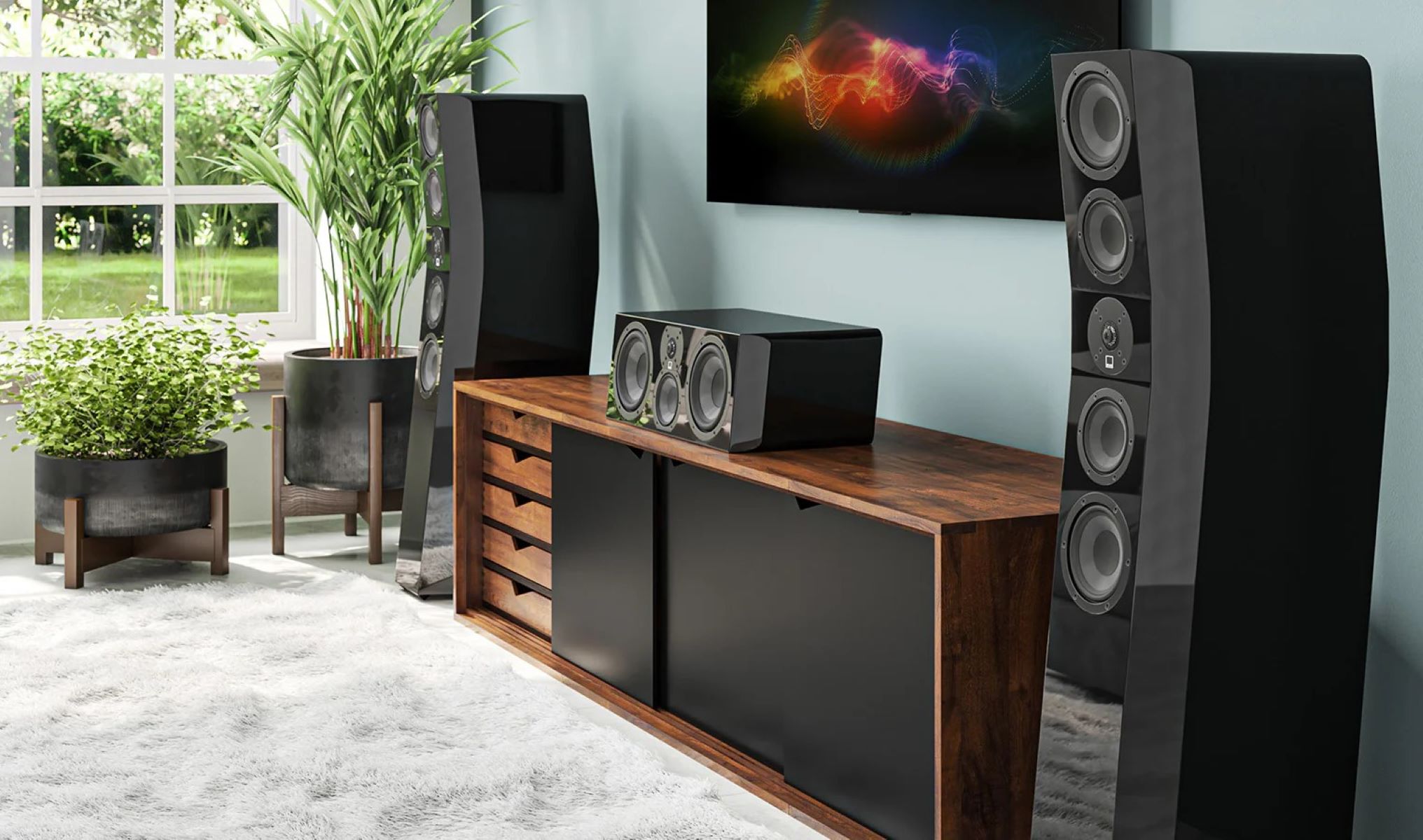

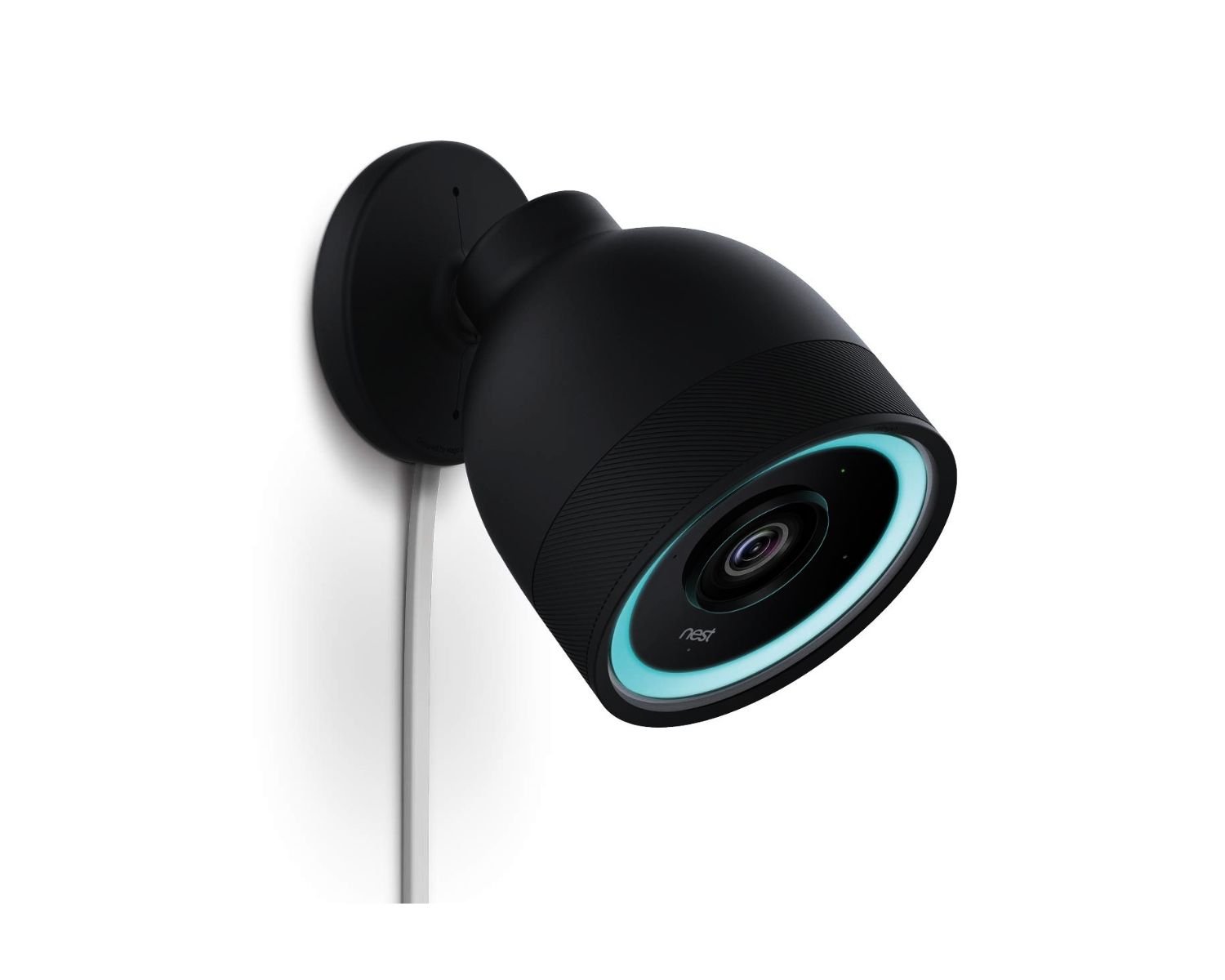
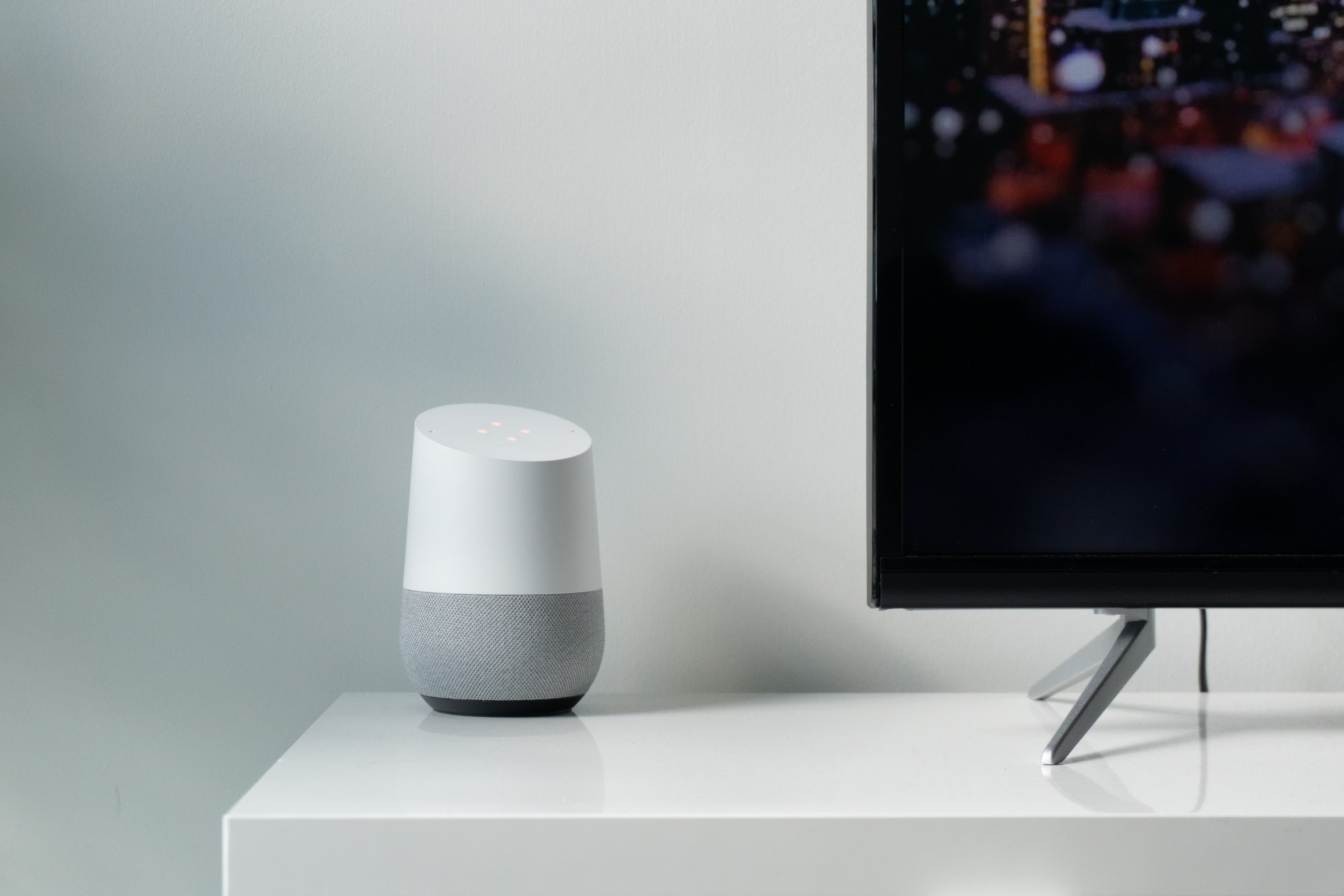
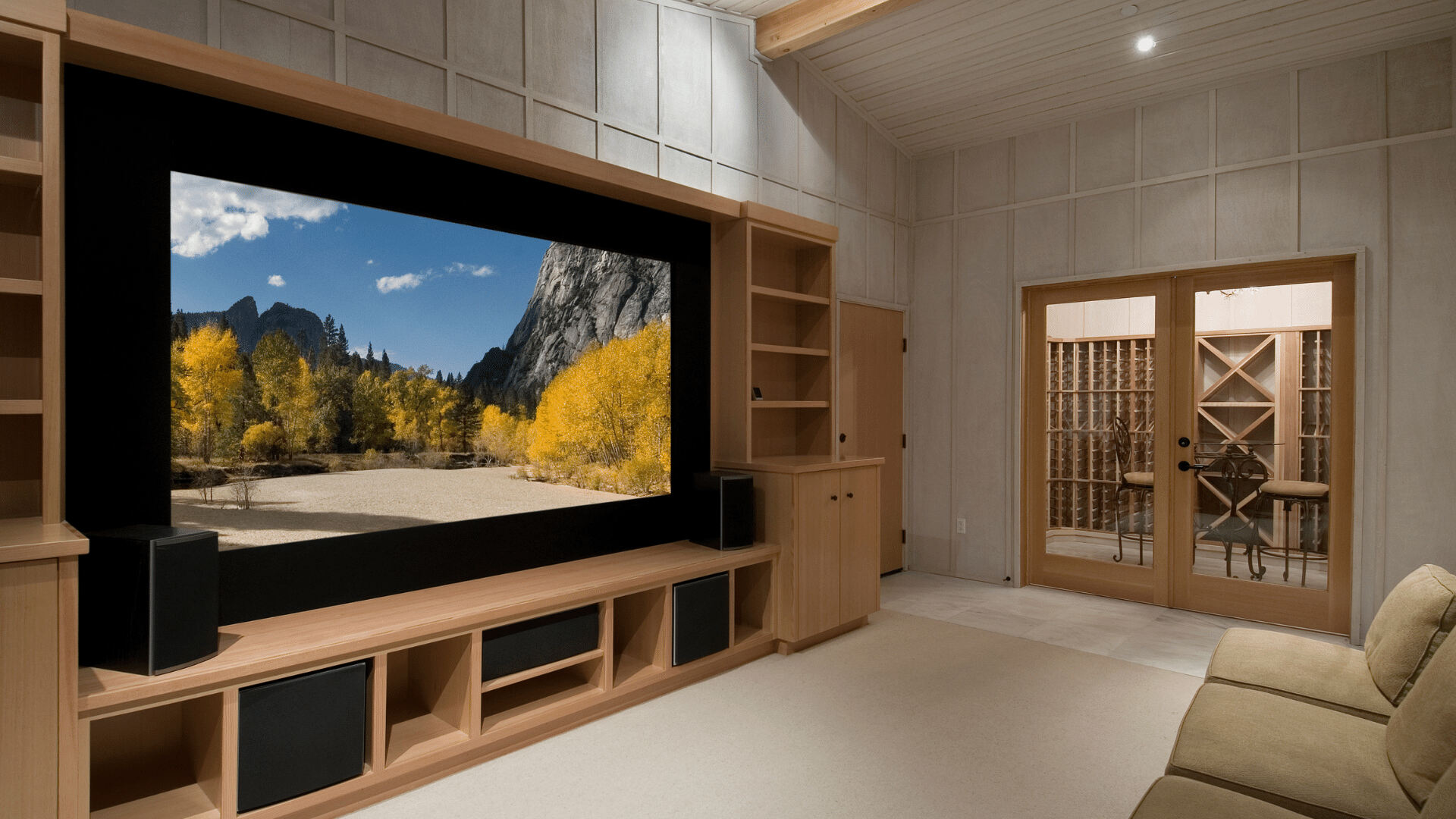
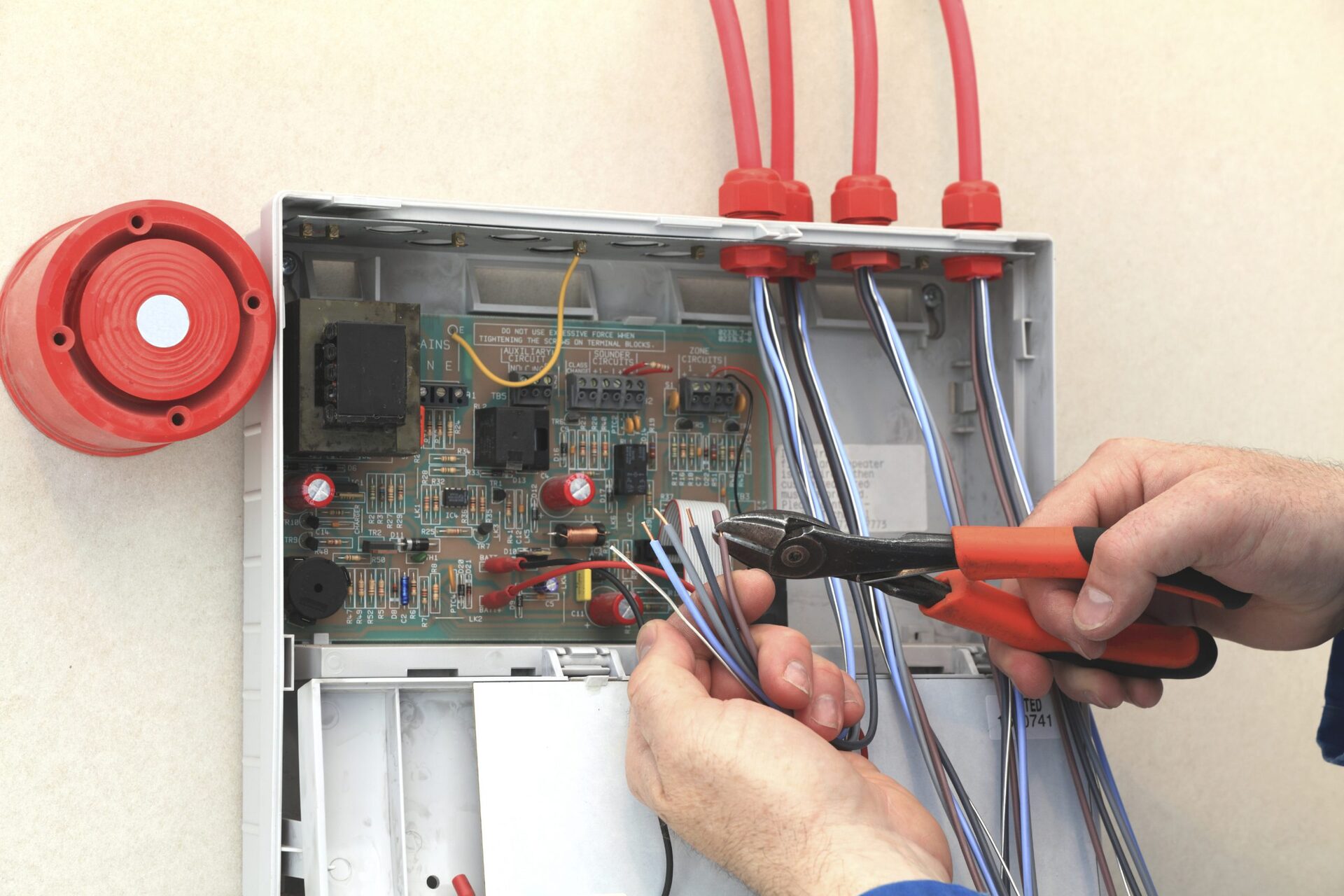
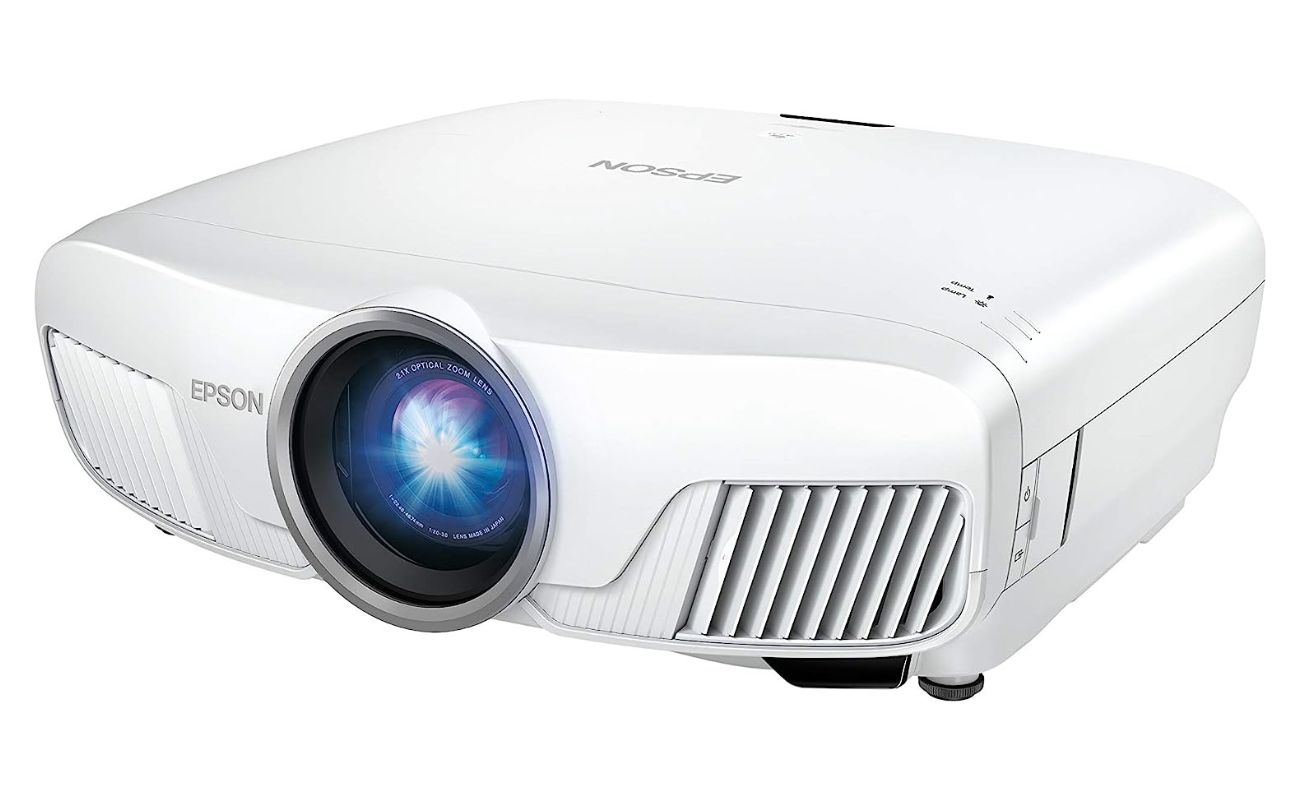
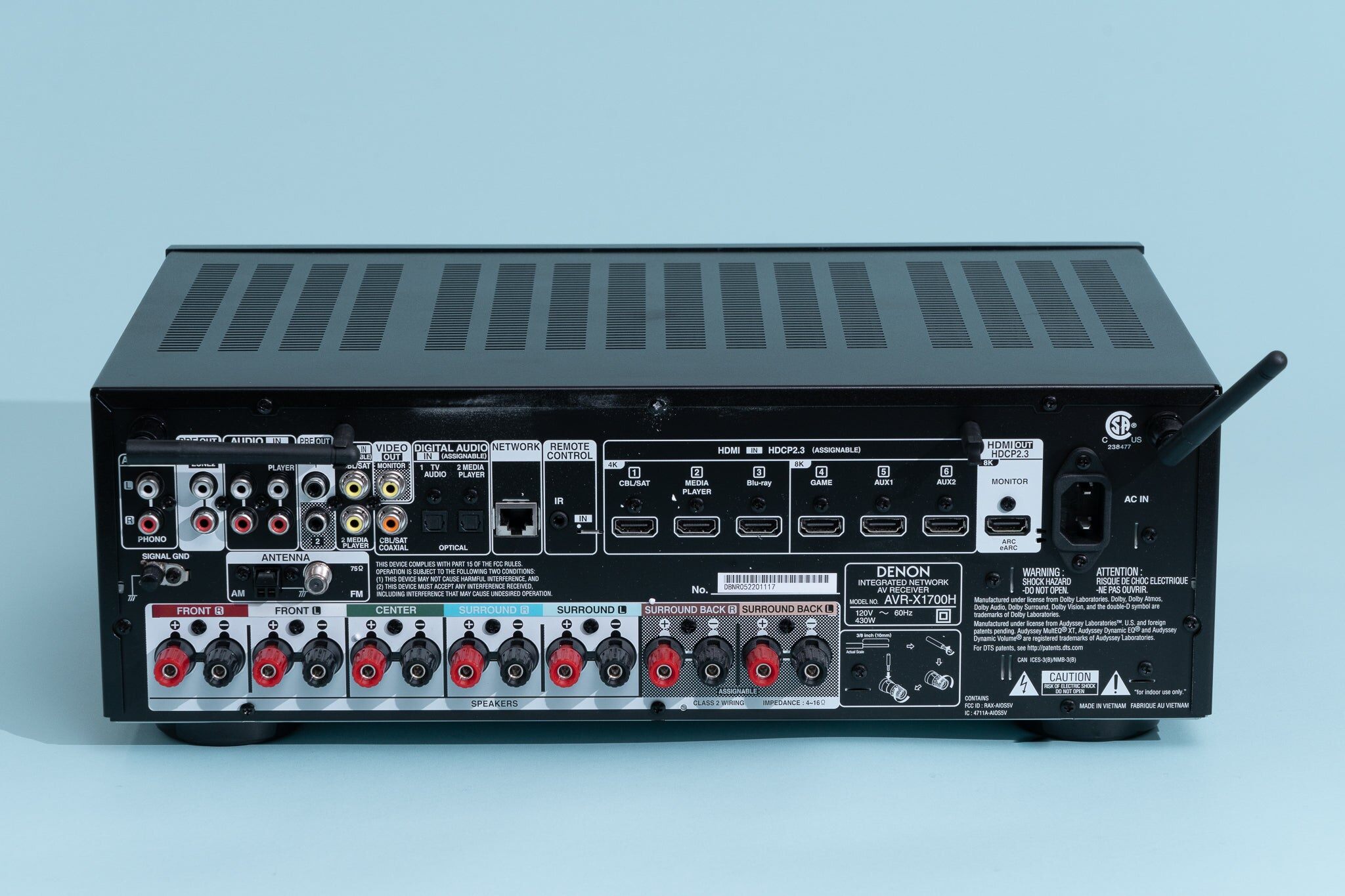
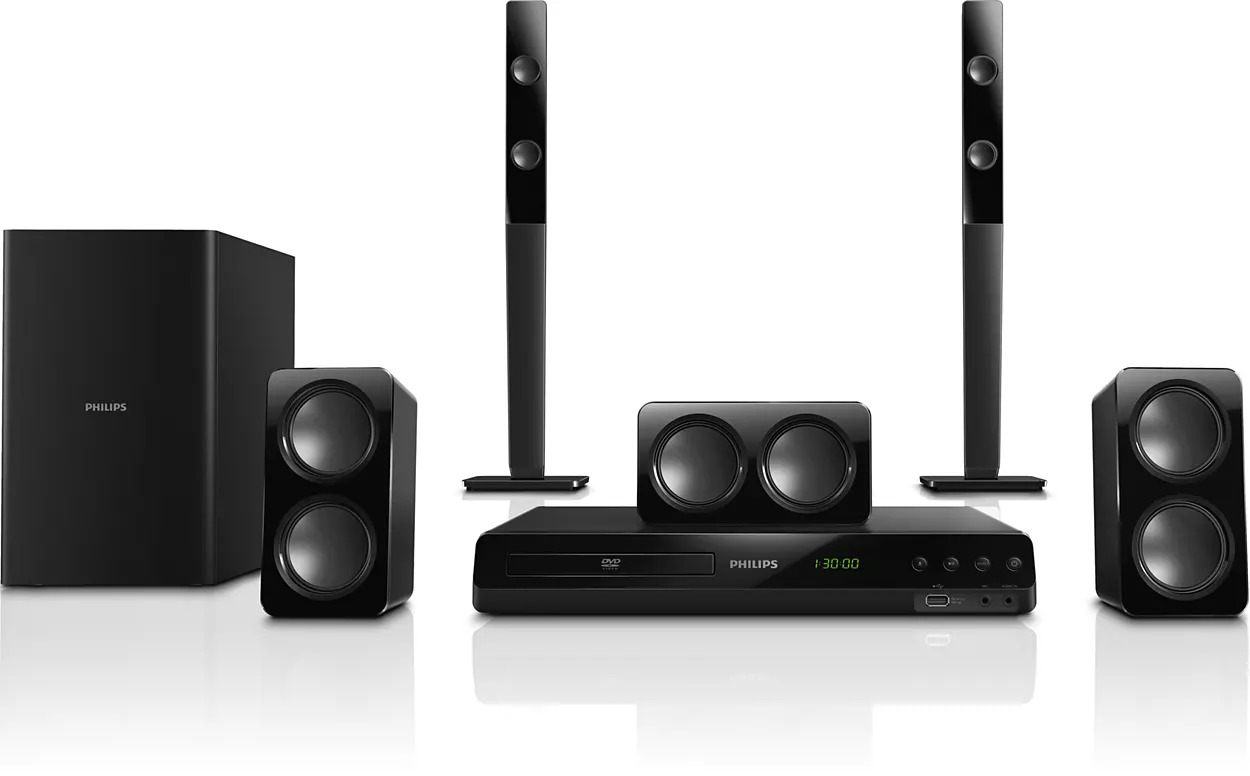
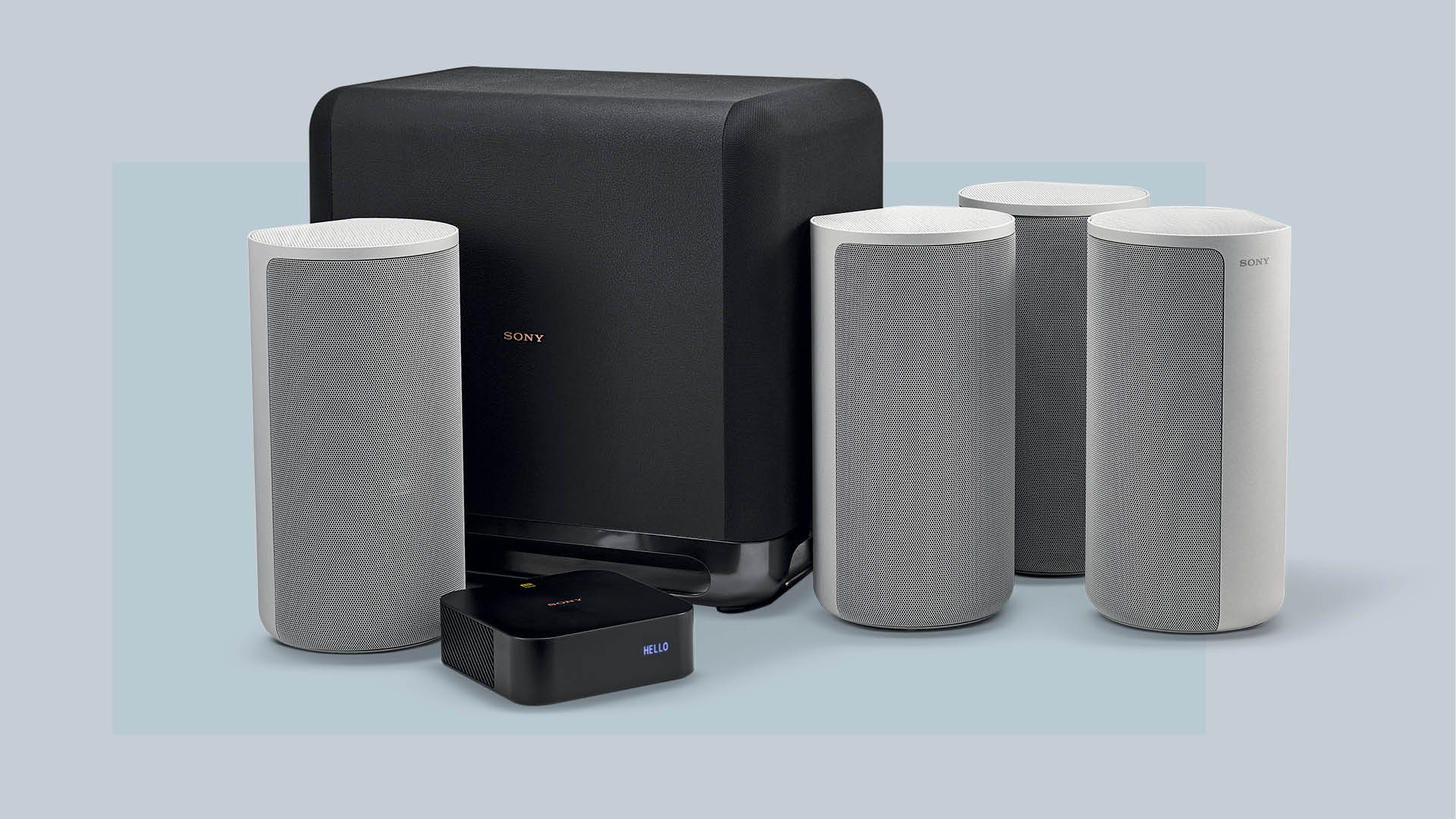

0 thoughts on “What Speaker Wire To Use For A Home Theater”